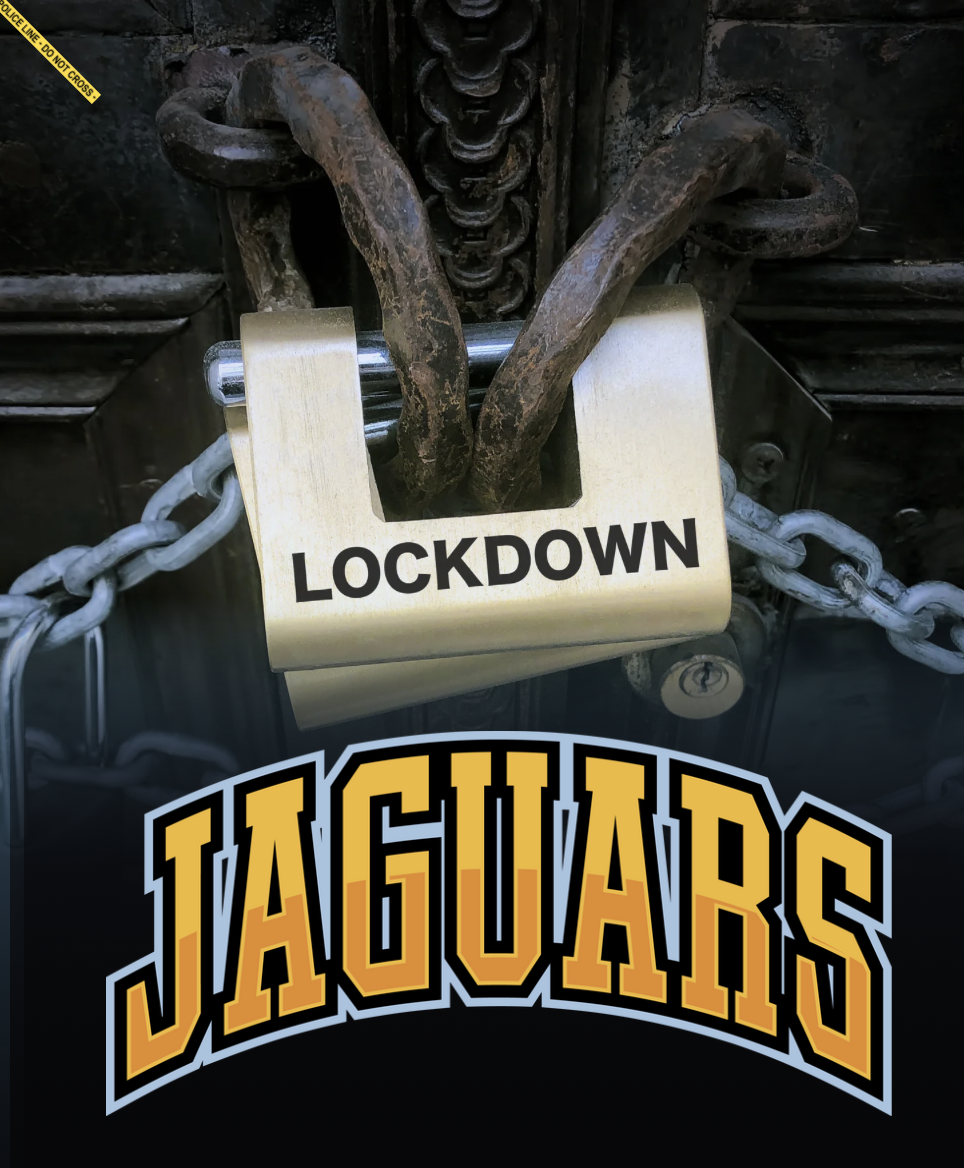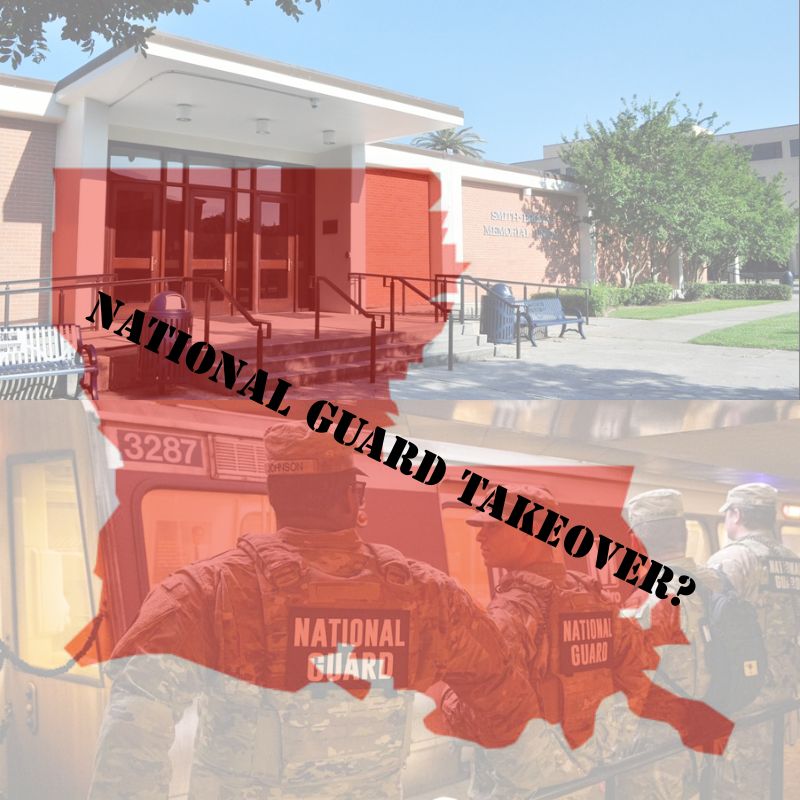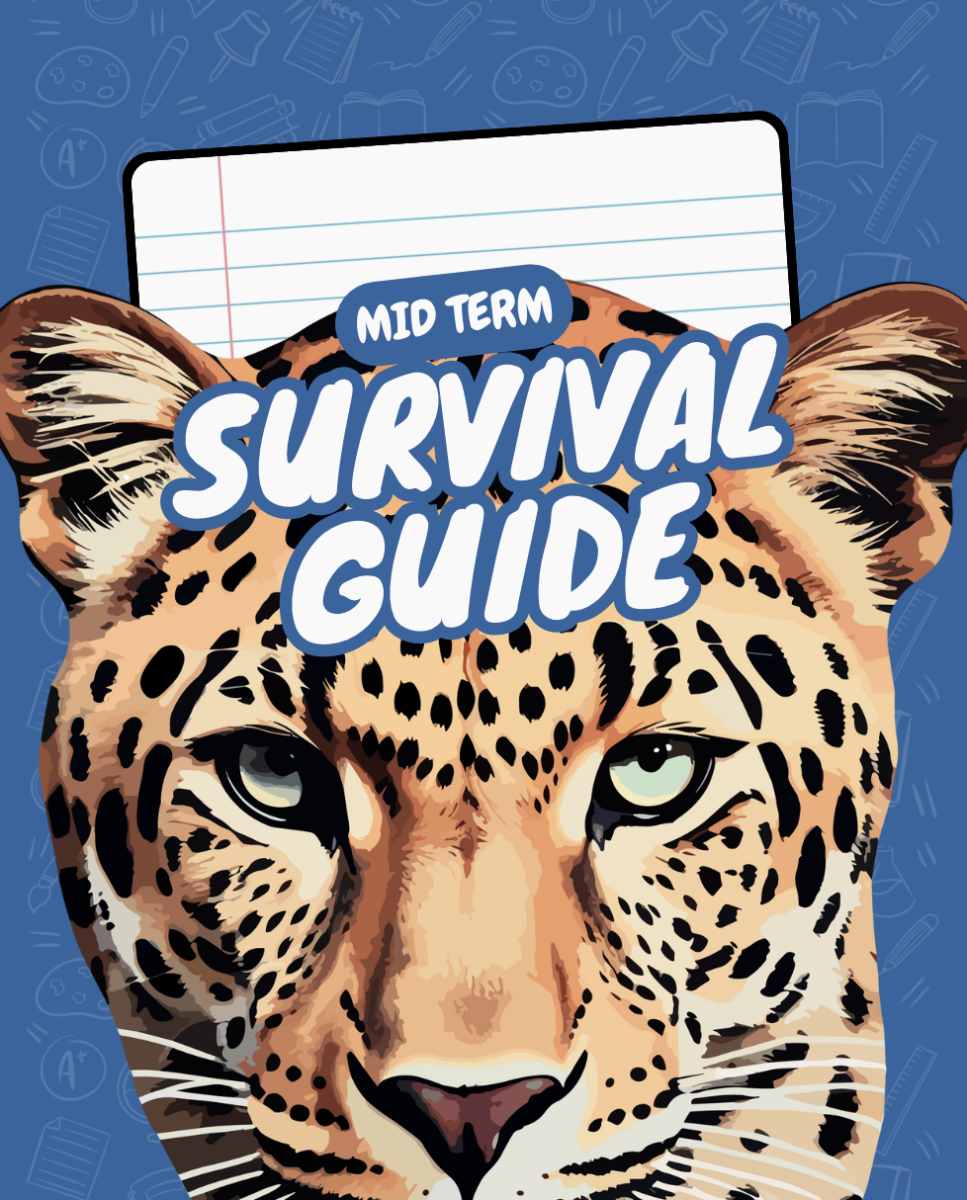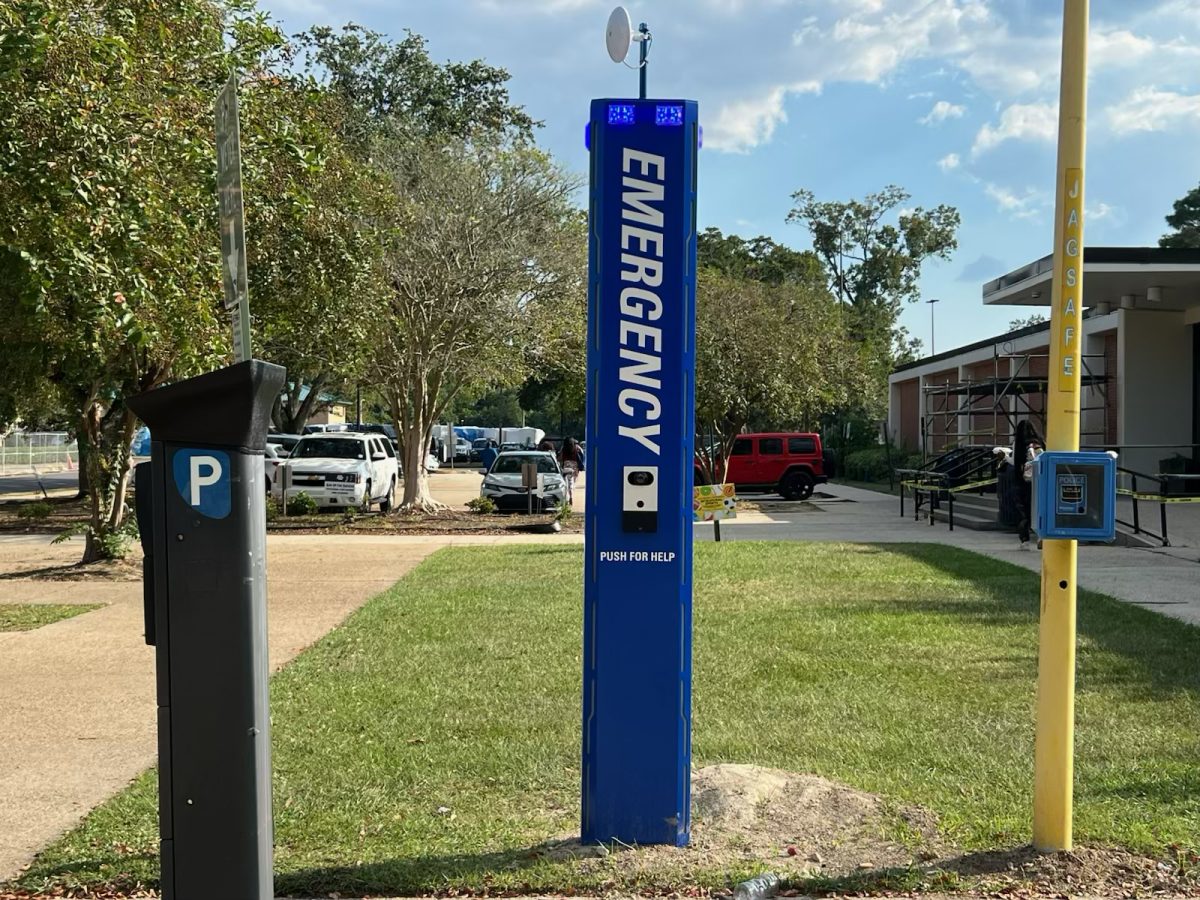Thursday, September 11, 2025, Douglas Streater, a theater professor at Southern University, arrived at school with his two daughters for a long awaited daddy- daughter work day. A day that promised joy and love, delivered fear and hate when a campus wide email informed students and staff about, “a potential threat to campus.”
When Professor Streater asked his daughters, ages eight and eleven, what they liked about homeschool, they replied, “There’s no lockdown drills.” Their answer sounded dystopic, until their practice was put to use on Southern University’s campus following a racist fueled threat. All inhibitors were issued to shelter in place and follow standard lockdown protocols.
“Don’t ask me any questions, I just need you to do exactly what daddy’s Telling you to do right now”, Professor Streater instructed firmly to his daughters. Defying lockdown instructions, the father felt obliged to remove his children away from danger altogether. The three packed up their belongings, rushed to their car, and after waiting in a 15 minute line of cars, the Streater’s made it off campus safely. Recalling the surreal moment, Professor Streater says,
“Getting over that hump and heading towards 1-10 highway was a sense of relief, however moments after having that same feeling, a feeling of trepidation set in again because I realized my blood children were safe, but my academic children were not”
Streater’s gut feeling was right: Danger still hung over Southern University like a nimbostratus cloud, leaving students in fear of its capabilities of a heavy storm. One of them being Emily Micheal, a junior majoring in nursing, who was in the library taking an hour-long lockdown browser test, but instead, she ended up fearing for her life for an hour and a half. Micheal explained, “I don’t suffer from depression or anxiety, but in that moment I really understood what it felt like to be completely anxious without any control.”
Her submerging anxiety didn’t fully set in until she read the source of the chaos- a racist manifesto detailing the anonymous’ plans to “go for a better score than Dylann Roof”, a white supremacist who killed nine African Americans at a church in Charleston, North Carolina. After reading the gut churning and inhuman manifesto, Emily Micheal said she immediately texted her family group chat that she loved them if anything happened.
Similar to Southern University, several HBCUs received threats that forced them into lockdown that same day, suspiciously after the right wing political activist, Charlie Kirk, was assassinated. Professor Streater concretely claims the series of events, “Reflects the heartbeat of America. America’s soul is sick”. Seemingly so, the intense and divisive political climate is seeping into the lives of the everyday people. “These incidents are microstorms of the greater storm that is raging”, Streater adds.
“It doesn’t matter, as long as you’re black, you’re always going to have a target on your back because that’s what the foundation of this country is.” Says Veah, a Junior majoring Mass communications when she puts Southern’s lockdown into historical context. Although this may have been some students’ first time experiencing the dangers of racism, their ancestral memory was triggered, for history is inherent and trauma responses are encrypted in the DNA of African Americans.
“Maybe this is our first time having a personal experience, but these stories, these threats aren’t far off from our memory- it’s just the African American experience.” agrees Professor Streater.
Southern’s lockdown was lifted at 12:38 pm, and Southern University acted quickly, enhancing their security measures post lockdown. “A lot of my family were concerned and thought I was going to go home [..] but Southern’s aftercare towards the situation made me want to stay.” Says a freshman from California, Jesse Brown.
Although the storm has passed, uneasiness lingers, memories left etched, and the threats of repeated history remain.






